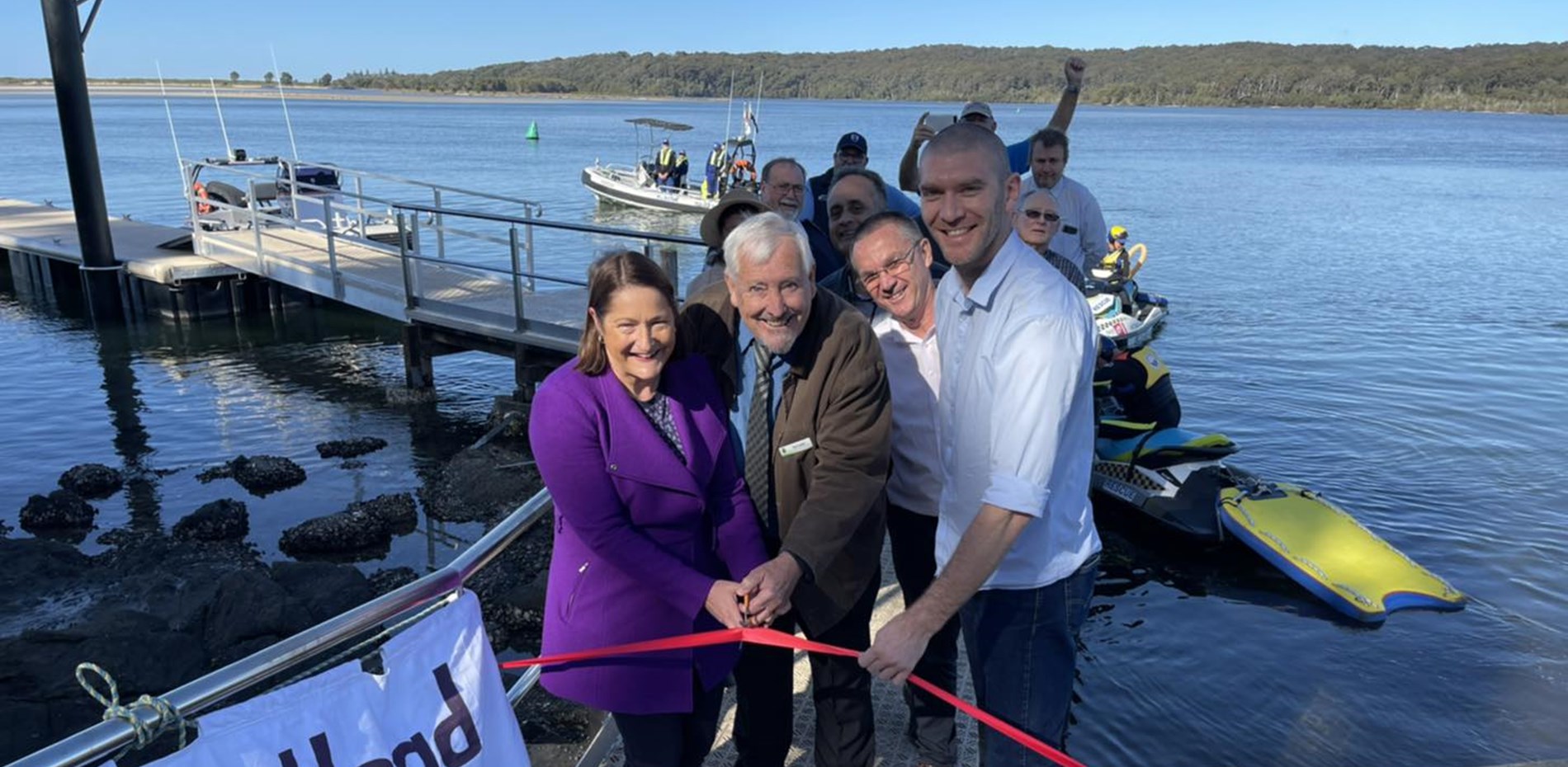Mrs PHILLIPS (Gilmore) (13:12): My electorate of Gilmore on the New South Wales South Coast has vibrant commercial and recreational fishing industries, and I certainly value the contribution they make to our community. Sustainability is something that many who work in these industries understand, because without sustainable practices there are no fishing industries. For example, we know that in the South East Trawl Fishery we've seen six non-target fish stocks reduced below sustainable levels, so the Australian Fisheries Management Authority has announced catch limits and some fishing ground closures. But the Albanese Government hasn't left these commercial fishers to deal with this on their own. We have announced a $24 million voluntary structural adjustment package for those who want to restructure their operations. These changes will actually deliver a more certain future for those fishing operators who remain active, and our package also supports them with $3 million for levy relief to reduce costs while those fishers transition to the new management arrangements.
It's a big change—we absolutely appreciate that—and we're working with industry to support them as best we can through that process, promoting sustainability to secure the future of this highly valuable industry. Our local fishers do an amazing job. But local recreational fishers tell me that some of the simple things we could be doing more of, at all levels of government, to support our fishers and grow future fishers are things like more local fishing infrastructure and greater fishing educational opportunities.
Recreational fishing on the New South Wales South Coast attracts an enormous amount of interest, and members of our local fishing clubs and our local fishing associations are great advocates for the fishing industry. The opportunities to make fishing more accessible and inclusive, to both retain and grow fishers, are very real. We are pleasingly seeing more females take up this exciting sport and recreational pursuit, and, as people age, we need to make sure that local fishing infrastructure provides support to enable the continuation of fishing and to also make sure that fishing is attractive and possible for people with a disability. Take, for example, the Tuross Head jetty that I was able to help fund with a $200,000 federal grant and officially open. It was with great local advocacy through the Tuross Head Progress Association and the Disability Inclusion Advisory Committee for Eurobodalla Shire Council that we learnt the jetty needed more points for people to hang onto—which is what occurred. This is a great example of a simple thing that makes a big difference. I've been told that this group is pushing for this to be part of the code for future local infrastructure. Locals have also told me about the need for more educational opportunities to encourage people to experience fishing, and perhaps move into the fishing and seafood industry. The popular Gone Fishing Day is a great example, where people get to try fishing, but there needs to be more of these types of days. Educational opportunities, such as the Certificate II in Fishing Industry-Recreational Services, a TAFE delivered HSC VET content endorsed course, should be promoted more, as locals tell me that this is a very important pathway into the many and varied jobs in the fishing industry. As a former TAFE teacher myself who taught maritime studies at a variety of levels, I can certainly vouch for the importance of educational pathways playing a vital role in shaping our future workforce, careers and business opportunities.
Like many in this place, I’m a member of the Parliamentary Friends of the Australian Seafood Industry. I’m a friend of this group because I know how important fishing and seafood is to the New South Wales South Coast region. A while back, I got to see firsthand the diversity of fishing and seafood careers and our future leaders in the industry by attending the graduation of leaders in the National Seafood Industry Leadership Program. I was astounded at the opportunities out there. We just need to make sure, at all levels of government, that we are tapping in to help enable careers in the fishing industry.
And that takes me to mention the wonderful richness of history and culture of our commercial fishers at Ulladulla. We need to support our commercial fishers; we need to keep that tradition alive. One way the local Ulladulla community is doing that is with the annual blessing of the fleet on Easter Sunday, which started in 1956. Each Easter Sunday, Ulladulla comes alive with a festival full of Italian Catholic tradition to bless the fishing fleet for a plentiful catch and a safe return. I want to thank the Ulladulla Blessing of the Fleet Committee and all our fishers across the region, both commercial and recreational, for all you do to support the fishing industry and our communities.



